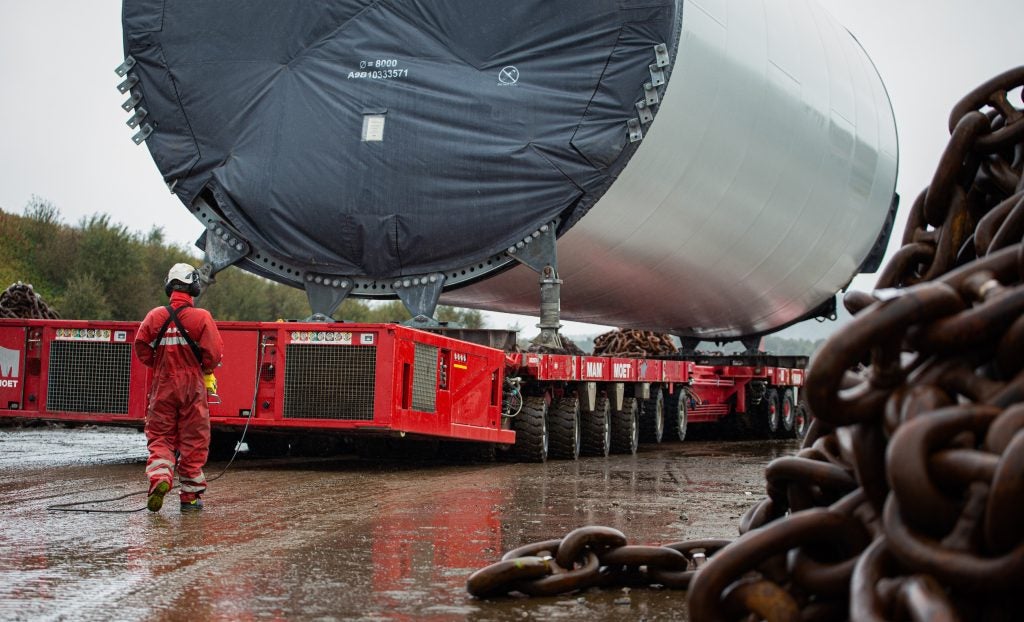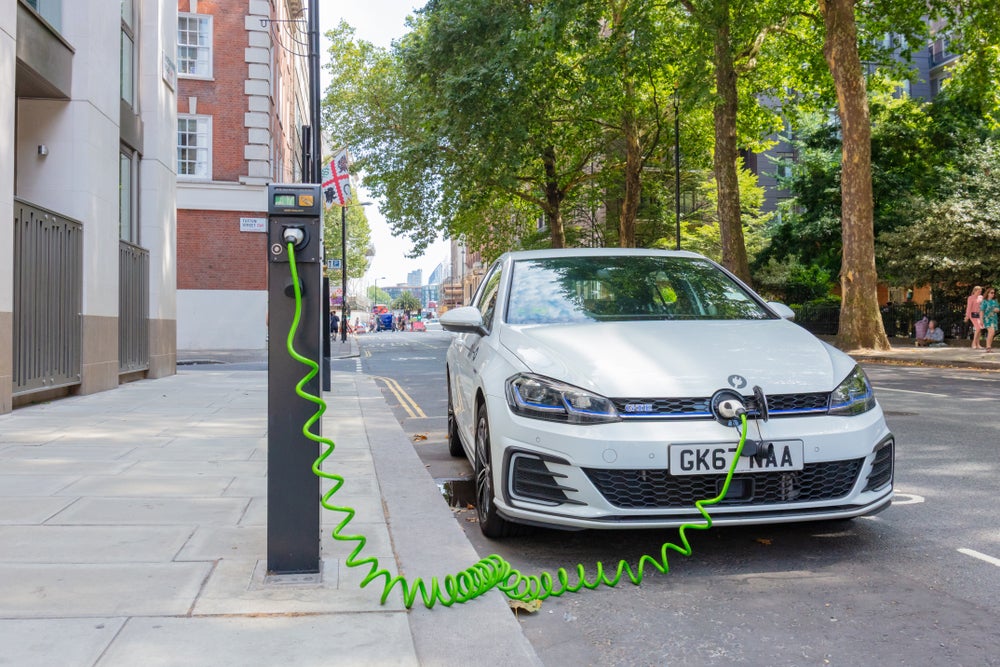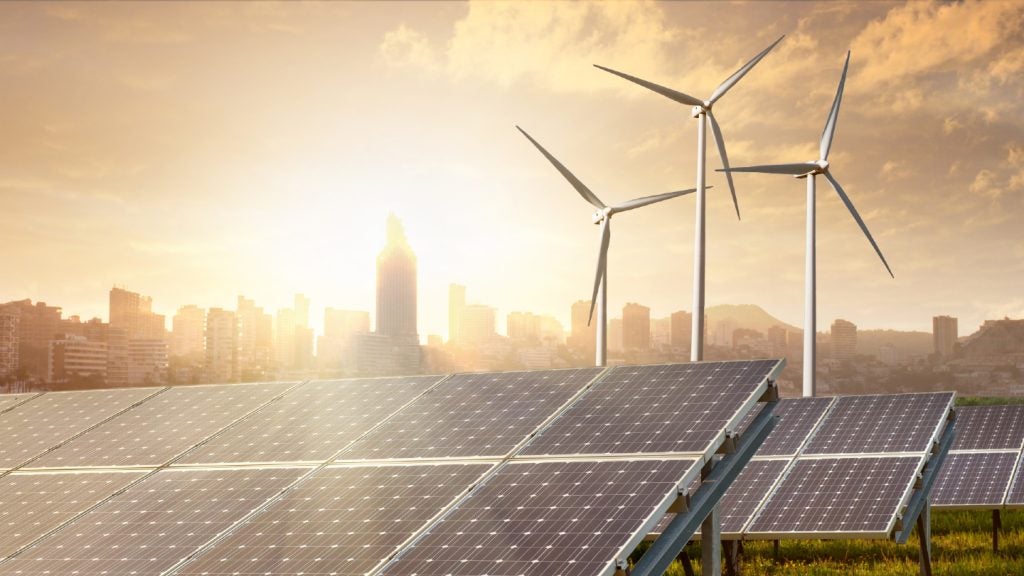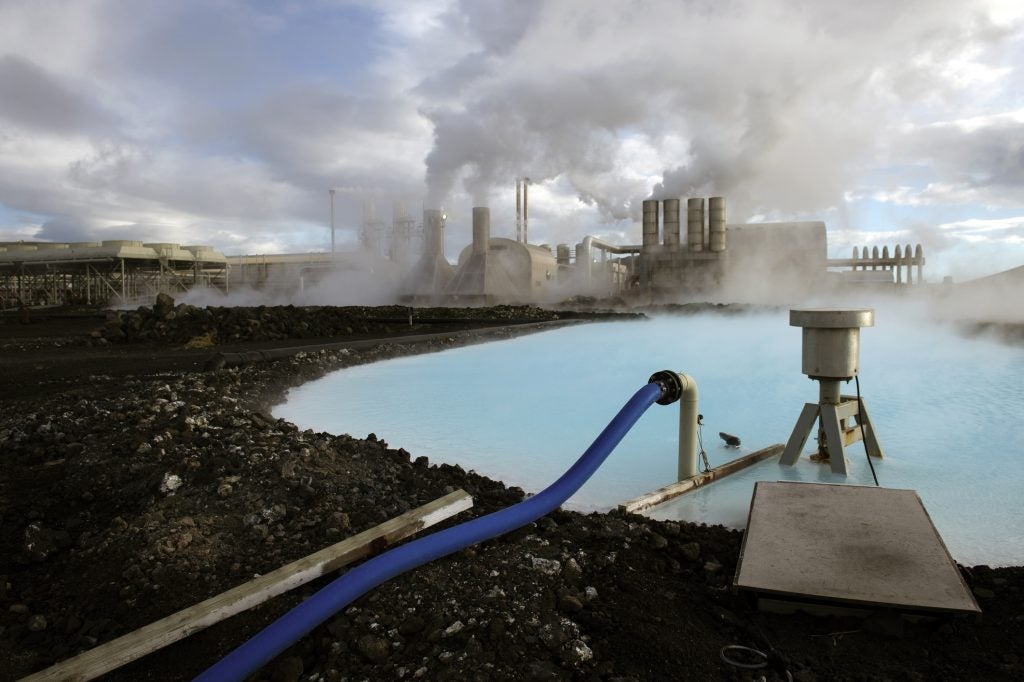Dutch heavy lifting and transport company Mammoet has developed a new zero-emission heavy transport vehicle that can eliminate the carbon impact of installing large infrastructure such as bridges, wind turbines and power station components.
The climate-friendly solution works by converting existing self-propelled modular transporters (SPMTs) from diesel to electric power. SPMTs are the workhorses of heavy industry, used in large energy and construction projects all over the world – they were developed by Mammoet in 1984 and currently boast more than 40,000 axle lines in use globally.
Mammoet has created a retrofit kit to replace diesel engines in the vehicles with electric motors. Once converted, each SPMT works in the same way as before: transporting objects weighing thousands of tonnes at walking pace, using a remote control. Retrofitting the existing SPMT fleets, as opposed to buying new zero-emission equipment, reduces both waste and additional construction.
The new technology can completely eliminate the carbon footprint of site transport, claims Mammoet. The solution was part-financed by the DKTI, a Dutch Government programme to develop climate technologies and innovations in logistics.
In related news, the European Commission this month proposed a package of laws to cut emissions from the freight sector and shift EU cargo from road to rail.














